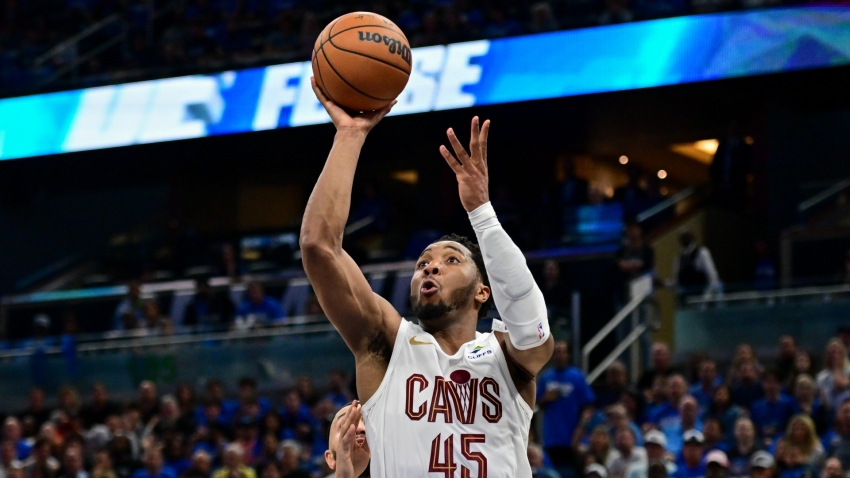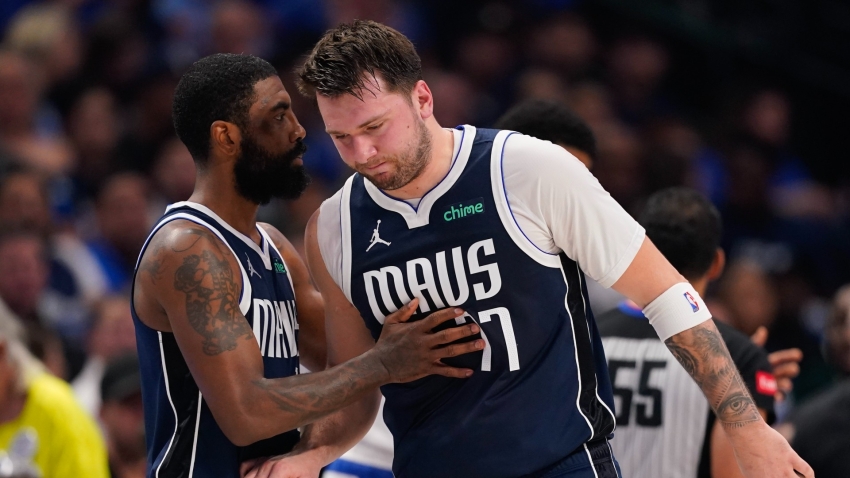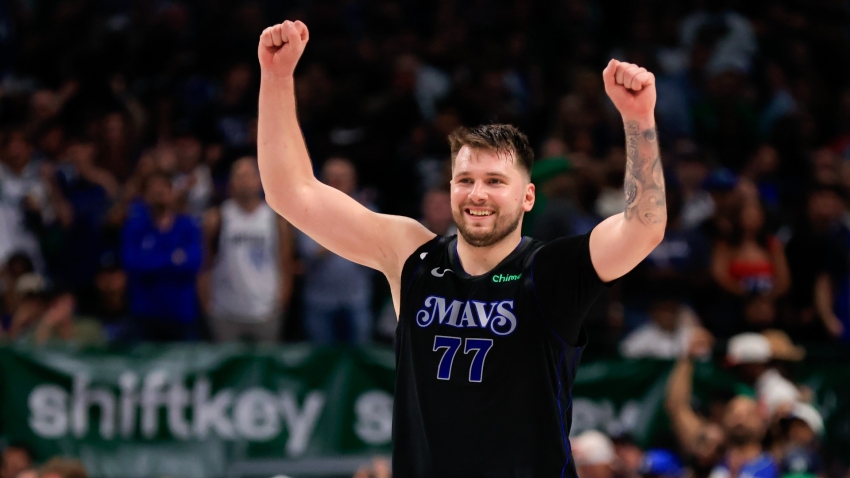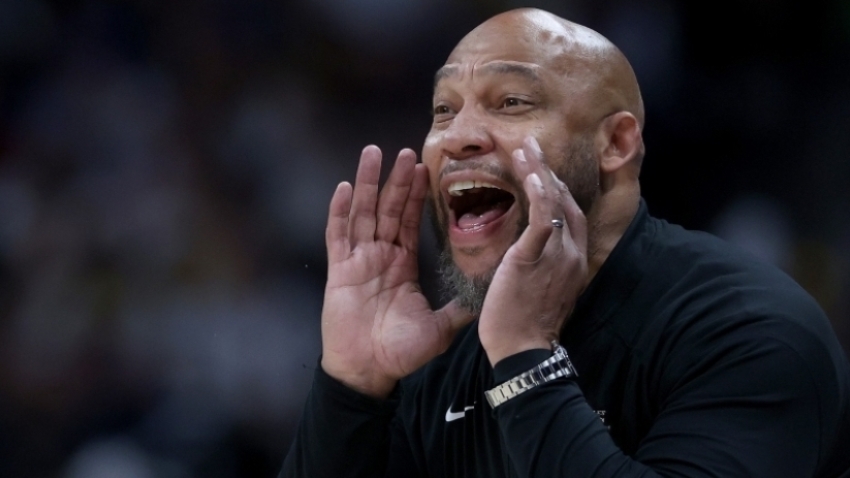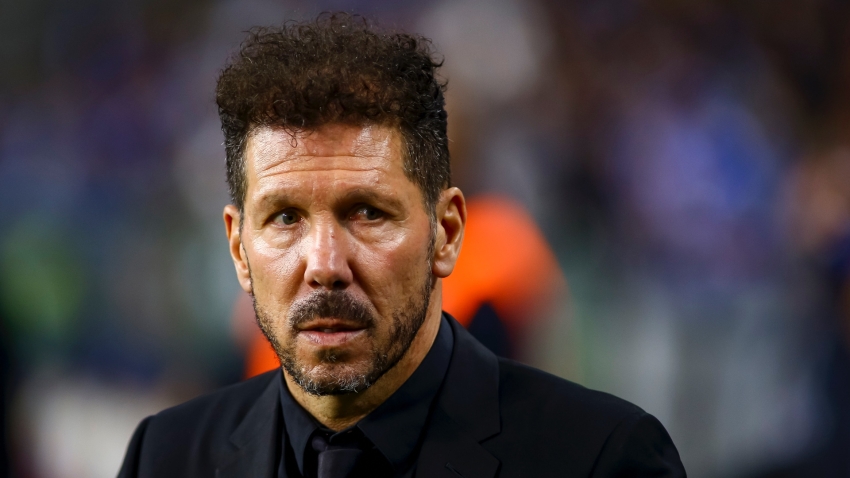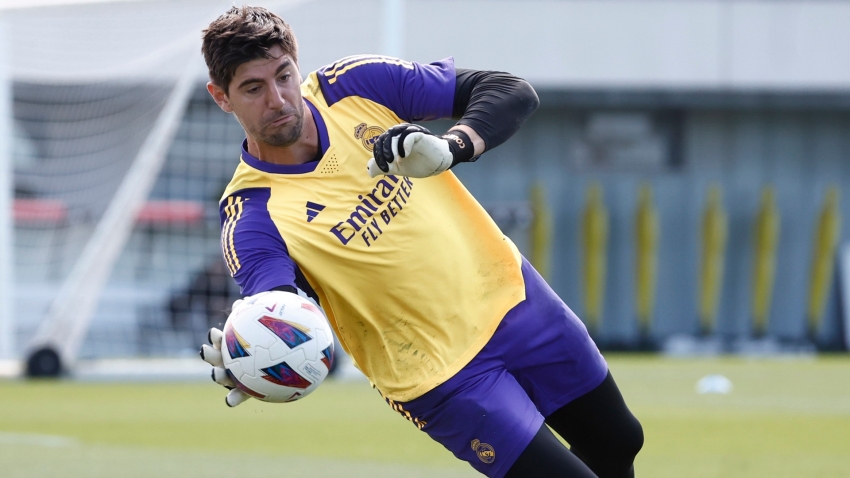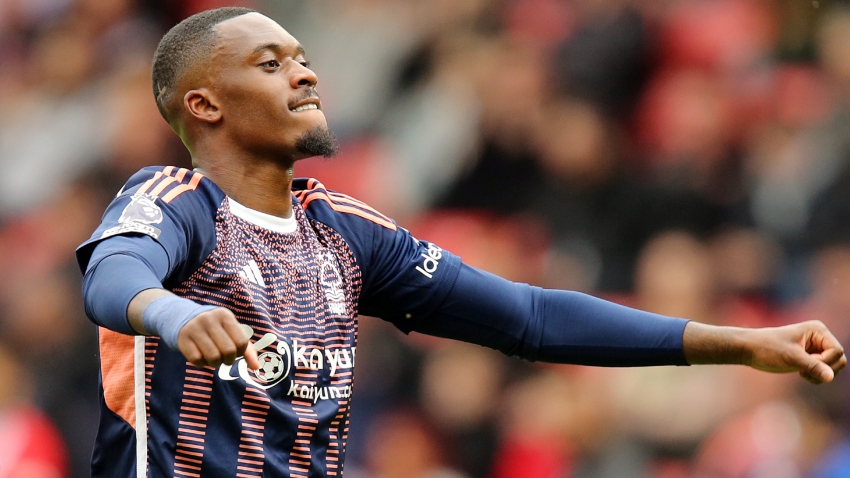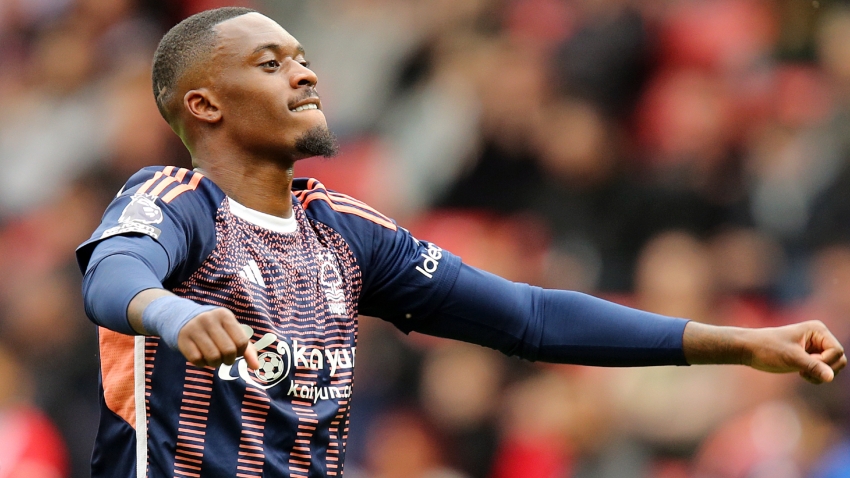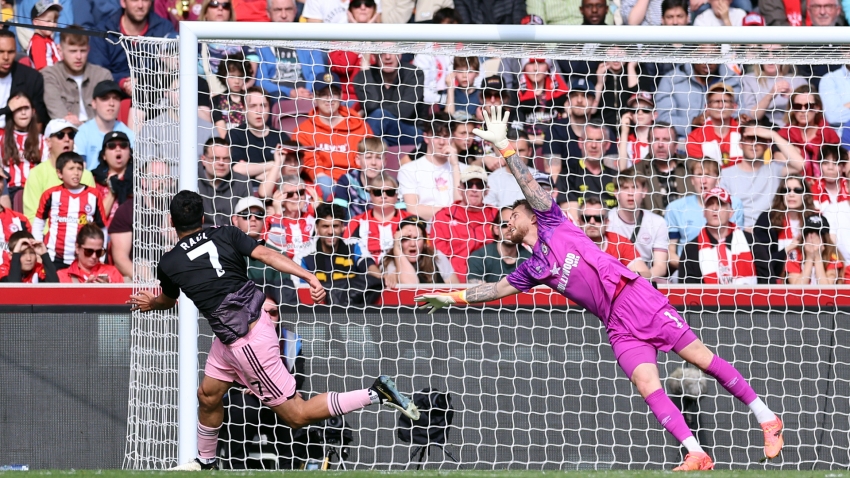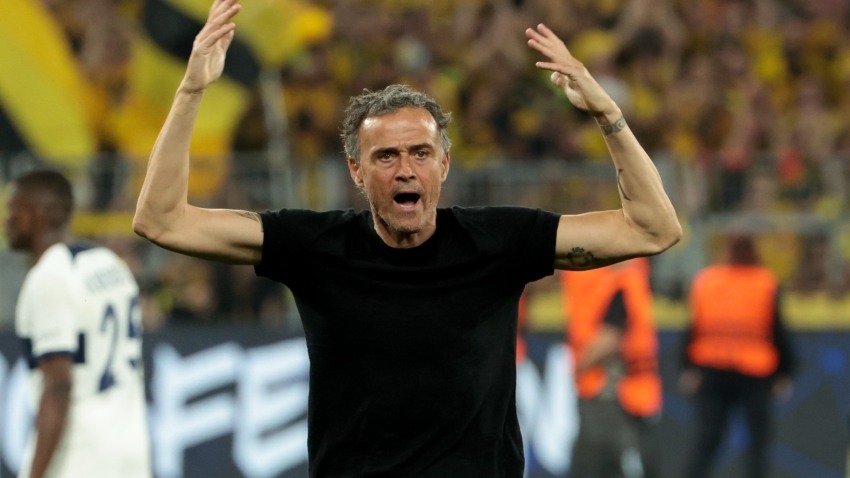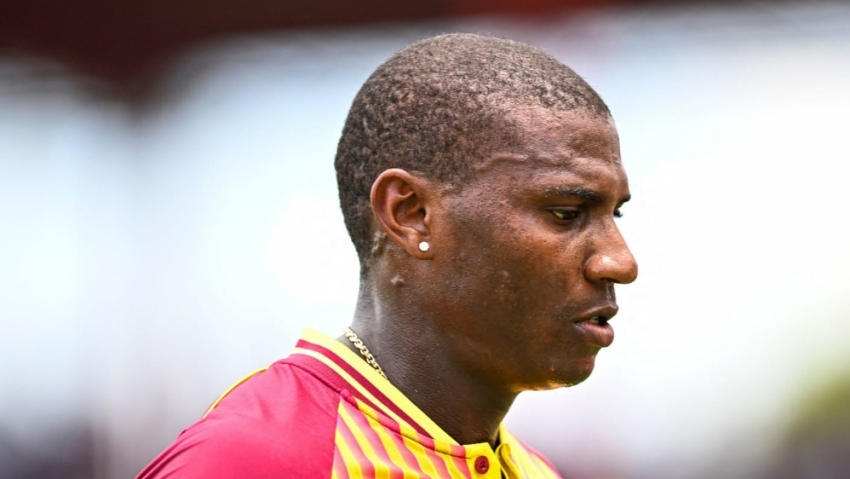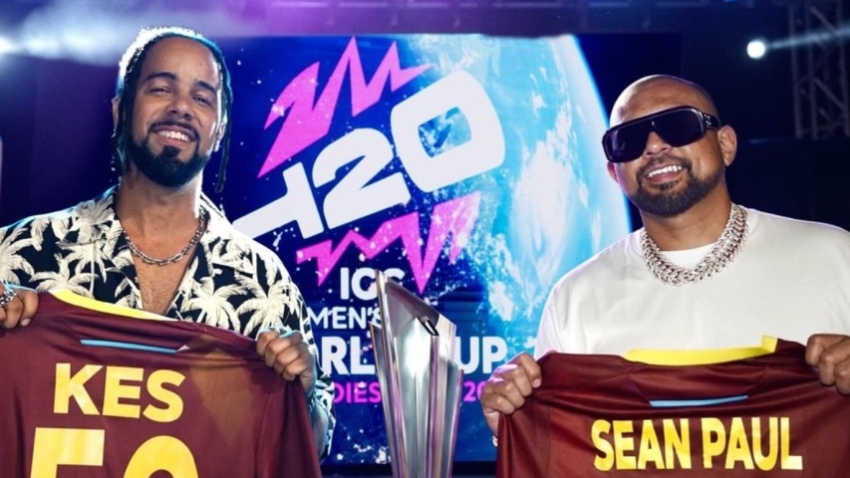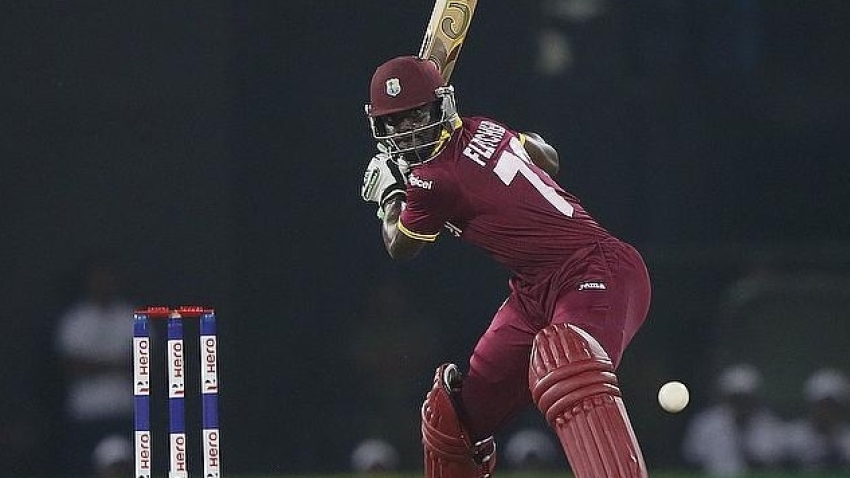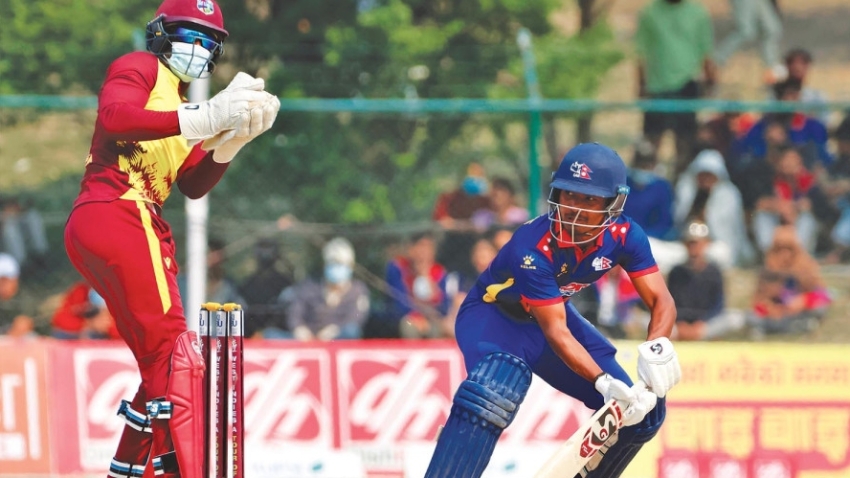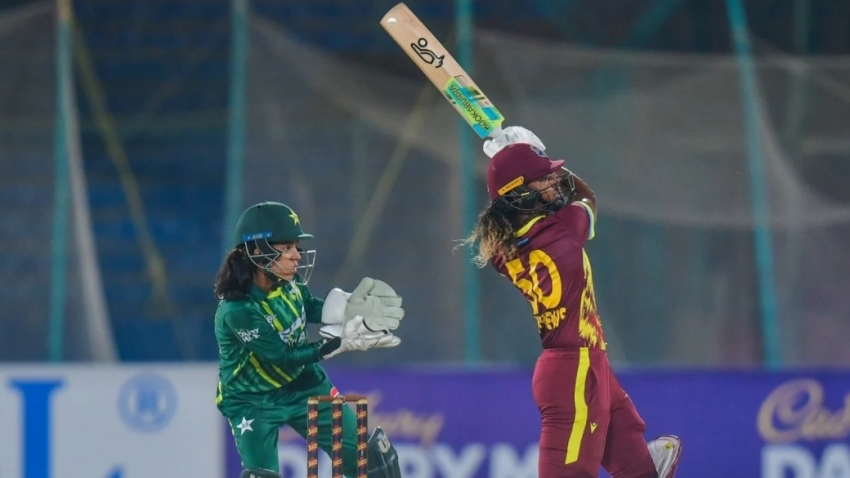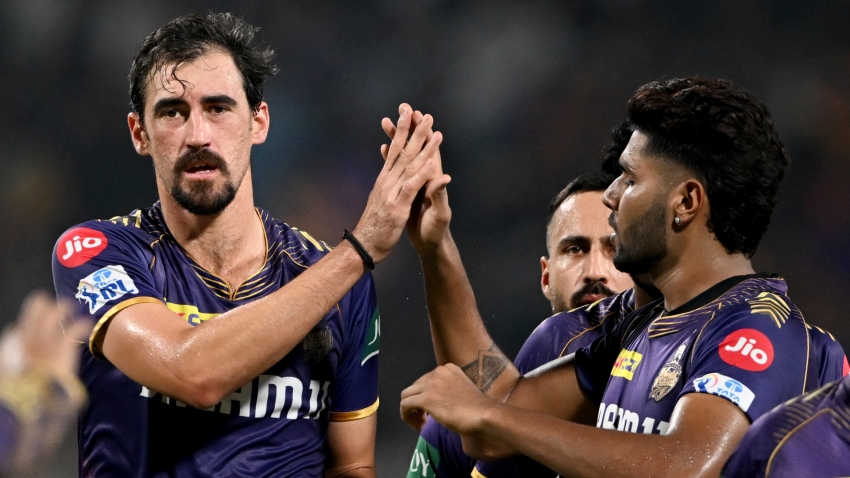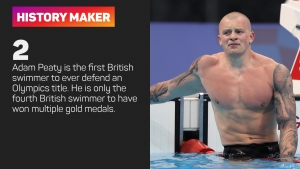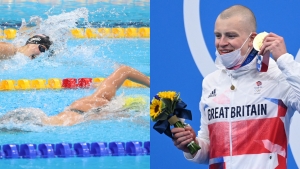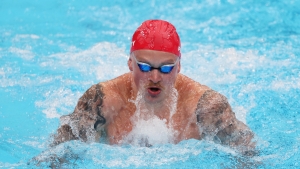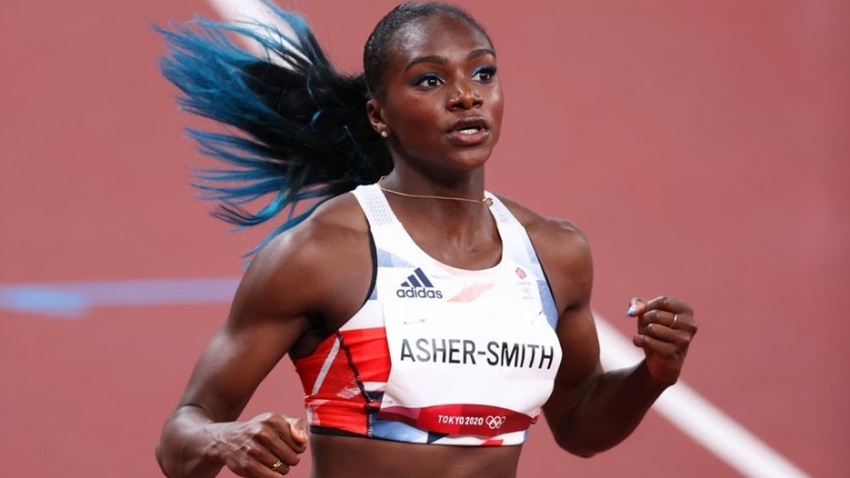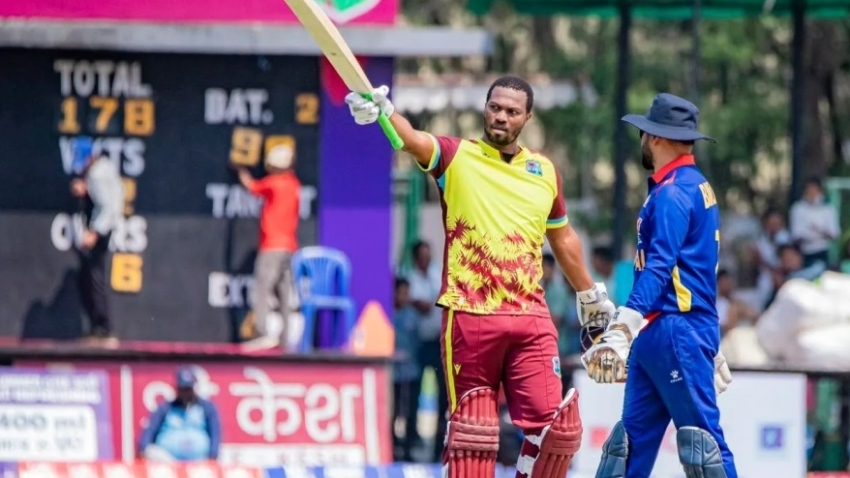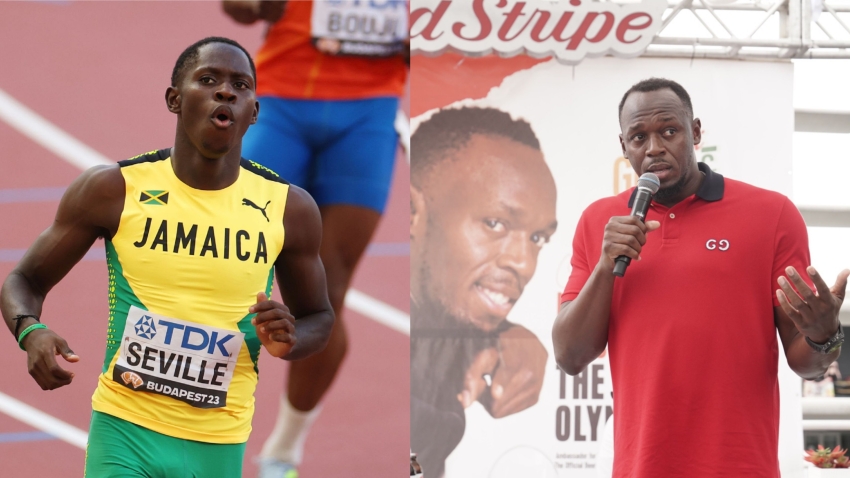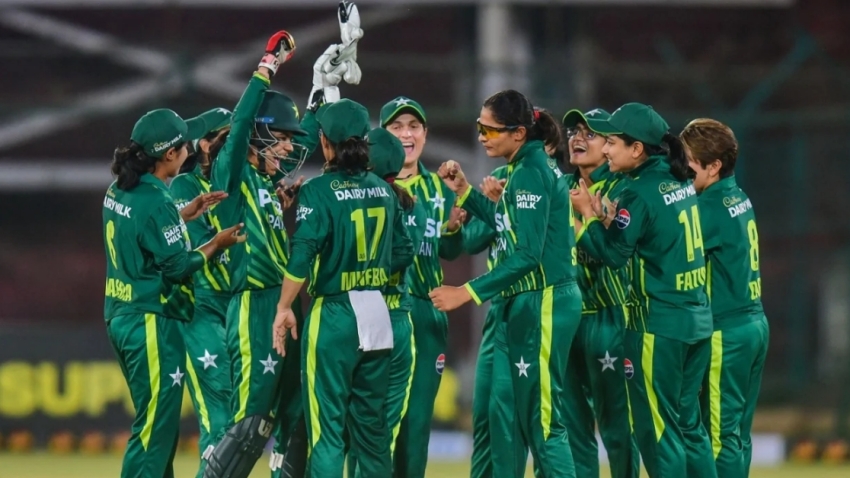"Some days you've just got to attack the f*****g mountain, that's as simple as it is."
Those were the words of Adam Peaty during his pre-camp for Tokyo 2020. And boy has he attacked that mountain.
Five years ago, Peaty broke new ground to become an Olympic champion for the first time in Rio and set in motion a Team GB gold rush that would see them ultimately finish second in the medal table.
On this occasion, there was no world record – the only thing that is sure to secretly irritate this perfectionist who revels in finding new ways to push the limits of what is humanly possible – but not for the first time Peaty obliterated the competition to once again win Olympic gold in the 100 metres breaststroke.se
Whether his success can have the same sort of rousing effect on Team GB, only time will tell.
What is more certain is that Peaty must surely now be considered among the pantheon of Olympic greats.
At one stage in 2021, the 26-year-old was in possession of the 20 fastest 100m breaststroke times in history. It is mind-boggling dominance.
When the great Usain Bolt used to race there was a real awe about the way in which he had his opponents beaten by the time he was on the start line. It was mesmerising watching the sprint king, who just seemed to defy logic.
Peaty in the pool exudes a similar feeling. To witness this phenomenon in person is some experience. If you blink you might miss him.
Following his victory in the heats on Sunday, Peaty described Tokyo 2020 as "weird" without the crowds – with fans of course absent due to the coronavirus pandemic – and conceded it did "not feel like an Olympics".
He does have a point. Peaty's moment of triumph came on a day where Ariarne Titmus defeated Katie Ledecky in an epic to clinch the women's 400m freestyle – a race that really did deserve a full house – and Caeleb Dressel, tipped as an heir to American great Michael Phelps, won the first of what is likely to be multiple gold medals at these Games.
Such stars deserve a captivated audience. The cheers of their team-mates offered only slight consolation that their moments of glory are taking place in surreal circumstances.
But there is nothing strange now about seeing Peaty dominate in the pool and while the circumstances compared to his first crowning moment in Brazil could scarcely be more different, he continues to enhance his status as a supreme champion.
His latest victory was a moment of history – no British swimmer had ever defended an Olympic title before. Only three other swimmers from Britain have ever won multiple golds, and he is just the second man to defend the 100m breaststroke title after Japan's Kosuke Kitajima.
When you think of the great athletes Britain has produced – Steve Redgrave, Kelly Holmes, Chris Hoy, Laura Kenny, Jason Kenny – all belong in the category of elite Olympians.
That Peaty now too belongs in that same category is not even a debate. He is a cool competitor, but he is also a ferocious one. A contemplator, a thinker, a man who self-described himself as "liberated" by the circumstances of the past year, time that saw him become a father and learn to appreciate the important things in life as lockdowns and restrictions became the norm for us all.
What is scary is that you feel there is still new ground for Peaty, unbeaten in his event since 2014, to break.
Speaking prior to the Games, Peaty opened up about what makes him the athlete he is.
"It sounds very cliche but I'm very obsessed with continual improvement and pushing the boundaries of what's possible," he said then.
"I don't want to end my career and go 'oh I could have done that or I should have done this'. It's that relationship with the team that makes me that person. But I think it's also I just love to race, I love to scrap and I like to dominate. That's why I swim, that's why I race it gives me something I can't get in normal life."
And even now with all he has achieved there still seems to be an unquenchable thirst to be the best, no taking the foot off the gas in a continued desire to go where no one has been before.
"No one is invincible, everyone can be beaten," he told a news conference following his victory in Tokyo.
"I'm a firm believer in that. If I didn't believe in that I wouldn't have the world record, it's about setting no limits.
"Today could have gone either way. It's a morning final, you saw it this morning with such a close race with Ledecky and Titmus, it could have gone either way.
"Everyone is beatable, it's who wants it more and who is invested more in those races."
For most, owning the world record and becoming a double Olympic champion would be well beyond the pinnacle of the mountain.
For Peaty, it seems certain he will just keep on f*****g attacking it.


